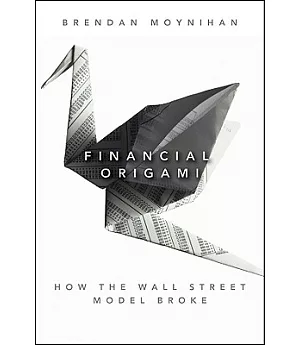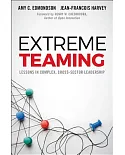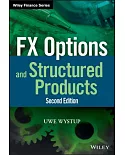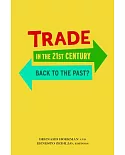Origami is the Japanese art of folding paper into intricate and aesthetically attractive shapes. As such, it is the perfect metaphor for the Wall Street financial engineering model which
ultimately proved to be the underlying cause of the 2008 financial crisis.
In Financial Origami, Brendan Moynihan describes how the Wall Street "origami" model evolved from a method to transfer risk into a method for manufacturing risk. For a period of time,
the origami model worked well as it helped businesses cope with currency and interest rate volatility. But in the comparatively stable years of the early 2000s, when there was less risk to
transfer, Wall Street began manufacturing risk by creating products that multiplied risk exposures and encouraged subprime lending. With the collapse of Lehman Brother the model effectively
died. The strength of the book is it's dissection of financial engineering and how it's often a mechanism to evade regulatory constraints, provide institutional investors with customized
products, and, of course, to generate revenue for financial engineers.





















